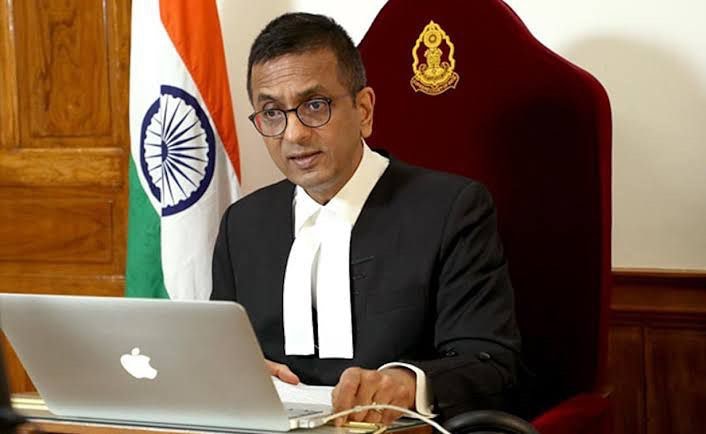NEW DELHI – In a recent decision, the Supreme Court clarified the authority of the Chief Justice of a High Court in assigning cases among judges, emphasizing that judges must operate strictly within the jurisdiction assigned to them. The ruling came in response to a dispute in Neeta Singh and Others v. State of Uttar Pradesh, in which the Court underscored that High Court judges cannot independently alter the classification of cases without the Chief Justice’s consent if it involves an area outside their assigned jurisdiction.
The case involved a writ petition filed under Article 226 of the Constitution by individuals facing criminal charges, who sought to quash a First Information Report (FIR) against them. The Allahabad High Court had dismissed this petition as infructuous, noting that a chargesheet had already been filed, and the trial court had taken cognizance by the time the petition was heard.
Counsel for the petitioners argued that the High Court should have exercised discretion to reclassify the petition under Article 227, allowing it to hear the matter on its merits rather than dismissing it as moot. Article 227 grants the High Court supervisory jurisdiction over lower courts in its region, while Article 226 pertains to the High Court’s ability to issue writs for protecting fundamental rights and for other purposes.
ALSO READ: Delhi High Court halts Zee Entertainment piracy – THE NEW INDIAN
The Supreme Court, however, upheld the High Court’s approach, stating that a judge assigned petitions under Article 226 cannot reclassify a case under Article 227 unless the Chief Justice has also authorized that judge to hear Article 227 petitions. The Bench, consisting of Justices Dipankar Datta and Prashant Kumar Mishra, explained that if the judge believes a case falls more appropriately under Article 227, it should be redirected to a judge who has been assigned that jurisdiction. This position builds on the precedent set in the State of Rajasthan vs. Prakash Chand (1998), affirming the significance of case nomenclature and jurisdictional boundaries.
Additionally, the Supreme Court ruled that a writ petition under Article 226 challenging an FIR becomes ineffective if an investigation is completed, and the chargesheet is filed, as the intervention of a judicial order limits further High Court proceedings on the same matter. The Court concluded by dismissing the appeal, asserting that there was no indication the High Court judge in question had been assigned jurisdiction over Article 227 petitions.
Senior Advocate S Nagamuthu represented the petitioners, while Advocates Samant Singh, Shreyas Kaushal, and Rajeev Singh also appeared for the accused.










